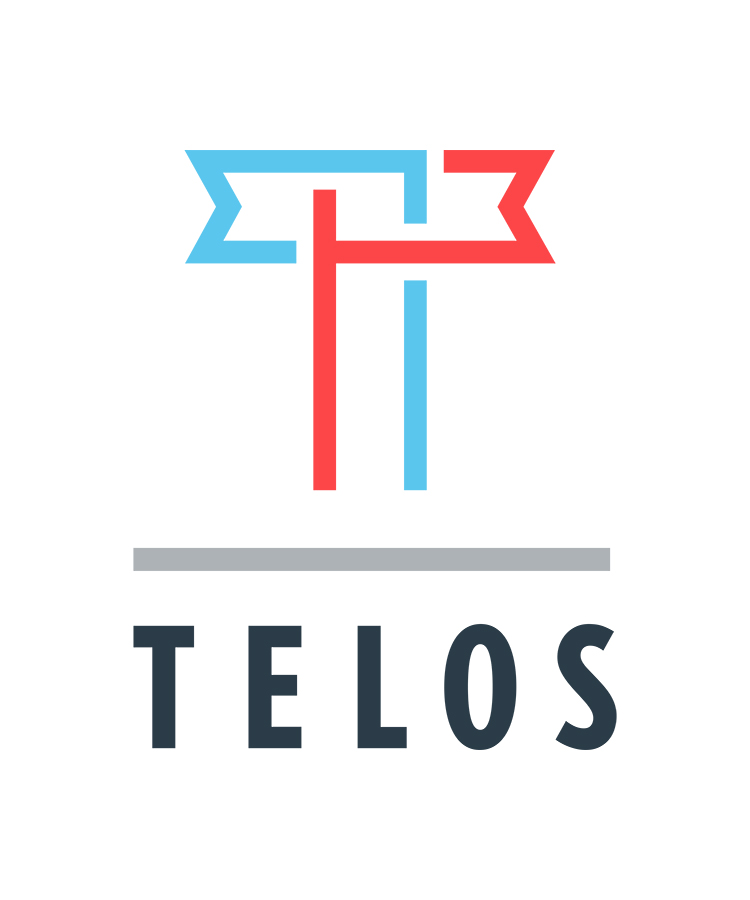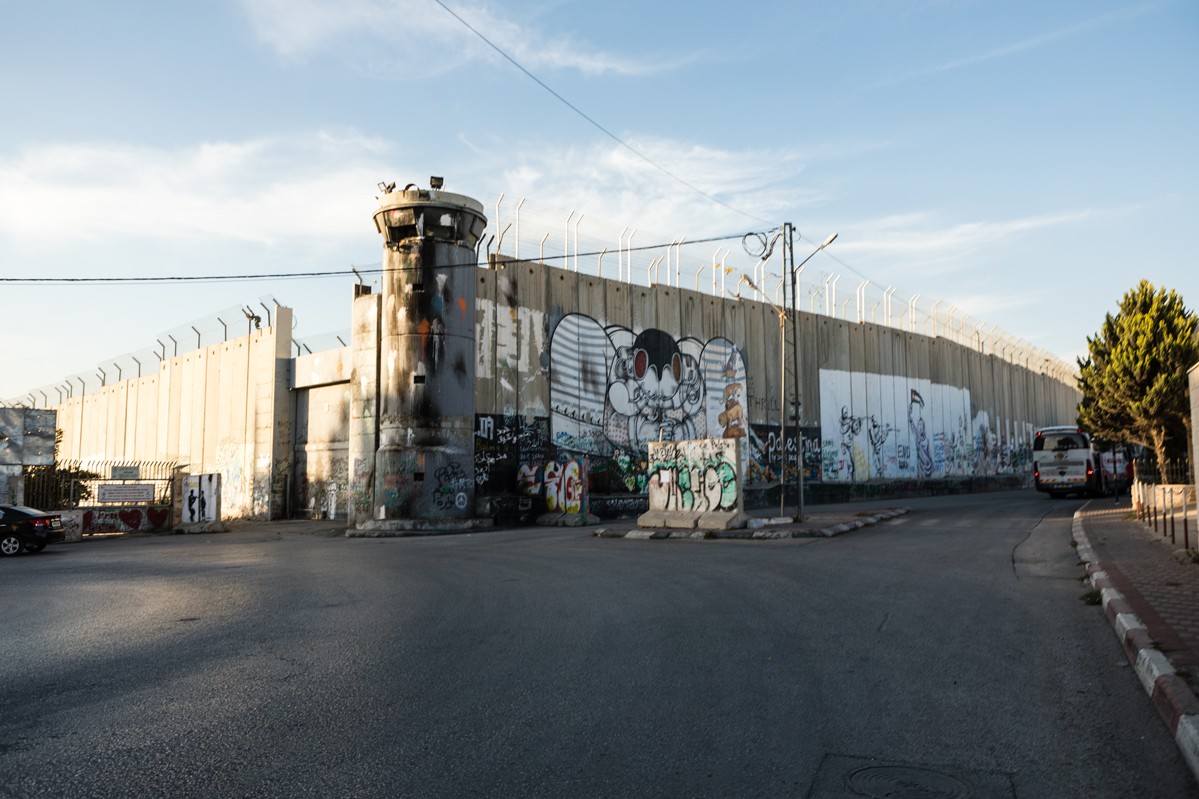The West Bank | History, Context, and the Current Crisis
This briefing was compiled by our team in November 2023. Because of the ever-changing nature of the conflict, some of this information (specifically numbers of displaced, killed, and injured people) may not reflect the most current figures.
Since October 7th, the eyes of the world have been focused on Gaza and Israel. During this time, violence, injustice, and abuses of power have skyrocketed in the West Bank. The events and aftermath of October 7th are not confined to just Gaza or Israel; our friends in the West Bank and East Jerusalem have also been profoundly affected.
These developments are especially significant because, should violence dramatically escalate in the West Bank, and especially East Jerusalem, the risk of regional conflagration or worse rises dramatically. Meanwhile, many of our friends and partners throughout Israel/Palestine, already living a nightmare, may face even more significant threats to their safety and futures.
Here is a briefing our team compiled to resource anyone who wants to better understand the experience of living in the West Bank, the context of the current moment, and what has changed since October 7th. It is imperative in this moment that we lean in, learn, and advocate for justice, dignity, security, and flourishing for ALL people.
Context
After the 1967 War, Israel gained control over the West Bank, beginning an indefinite military occupation that has lasted 56 years. The Israeli military still controls all aspects of life for the residents of the territory—about 3 million Palestinians.
Beginning in 1967 and increasing each year since, Israeli settlers began moving into the West Bank, encouraged by financial incentives, motivated by ideological or religious convictions, economic motives, or other reasons.
While a small number of Jewish communities existed in the area before 1948, now almost 700,000 Jewish Israelis live in settlements, separate Jewish-only towns that operate under Israeli civil law and military protection. Settlements divide the occupied territory through a system of segregated roads and inequitable access to municipal services and natural resources, like water.
These settlements are considered by the UN to be a “flagrant violation under international law” and a major roadblock to peace.
Military Occupation, Land Appropriation, and Administrative Detention
Military occupation affects every aspect of daily life of the almost 3 million Palestinians who live in the West Bank. Their lives are restricted by checkpoints, roadblocks, and a 700 km separation barrier that cuts over 150 Palestinian communities off from their land. Israel has long argued these measures are to protect their legitimate security interests, but they also aid the expansion of settlements.
Palestinian communities are also subject to home demolitions and land seizures. Most of these are carried out under the guise of lacking proper building permits, which Israeli law makes almost impossible for Palestinians to obtain. In 2022 alone, 953 structures were demolished or seized from Palestinians in the West Bank and East Jerusalem.
Palestinian adults and children in the West Bank are also heavily surveilled and subject to arbitrary administrative detention up to 6 months with an unlimited number of renewals. This is effectively a tool for indefinite incarceration—detainees do not have charges against them disclosed, and are detained prior to trial or conviction.
The realities of military occupation and the expansion of Israeli settlements serve to displace, dispossess, and divide Palestinian communities. Together they work to limit Palestinian freedom and rights to self-determination.
Since October 7th…
Since October 7th, the situation in the West Bank has deteriorated further. Over 963 Palestinians from over 16 communities have been forced out of their homes under threats and violence from Israeli settler communities. Other Palestinian communities continue to endure crippling lockdowns, raids, terror, and civilian casualties enacted by settlers and Israeli soldiers. Schools are closed. Check point crossings are barred. Curfews restrict movement and economic activity—the crucial olive harvest has been decimated, which will have severe economic repercussions for many years to come.
More than 200 Palestinians have been killed and 2,800 have been injured by Israeli forces or settlers in the West Bank since October 7th. The perpetrators of this violence have been emboldened by the events in Gaza and the Israeli government’s response. There is no system of accountability for violence enacted against Palestinian civilians in the West Bank.
How do we respond as peacemakers in the face of this reality?
As peacemakers, it is our responsibility to see the world as it actually is before we can hope to heal it, which is one of the ways we practice listening to understand—the first Practice of Peacemaking.
The unjust system of occupation in the West Bank and the increased violence and dispossession since Oct 7th deny Palestinians their dignity and freedom and ultimately do not make Israelis or Palestinians safer. Any negotiated solution that demands one people give up their human right to freedom, dignity, or security will not bring peace.
True peace, for Palestinians AND Israelis, will require an end to the occupation.
We need a change. The strategies that brought us here won’t bring us out.
Our voices have power. It is not a matter of if we will change the world, but how.
We must demand our government uphold international law and enforce the respect of the human rights of all people in the region.
We know that a ceasefire is only the first step. We must continue to advocate for accountability, a continued ceasefire, the return of ALL hostages, an end to settlement expansion in the West Bank, and the opportunity for all people to live a dignified, flourishing life.
Continue to learn. Continue to advocate. Continue to wage peace.

